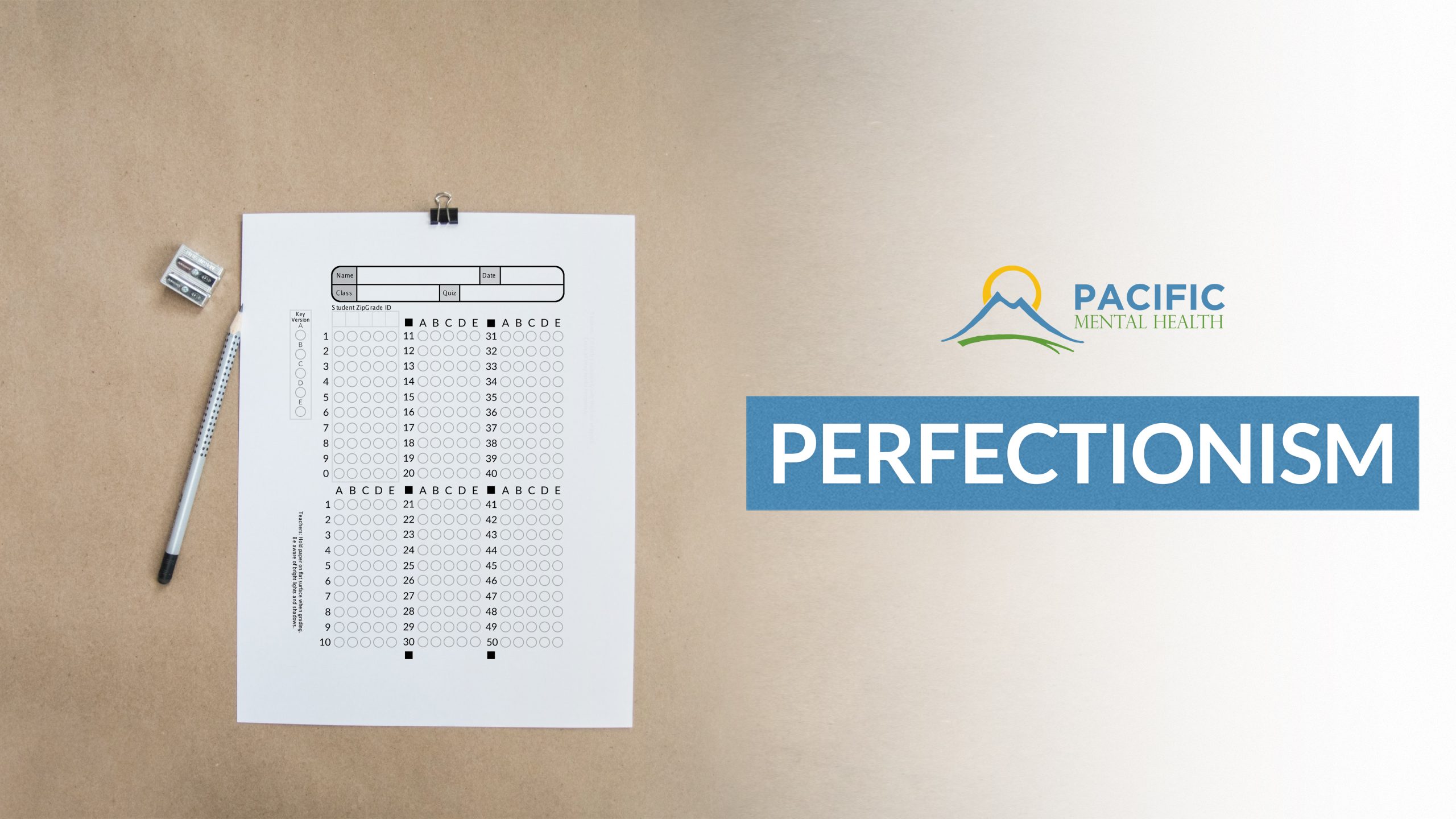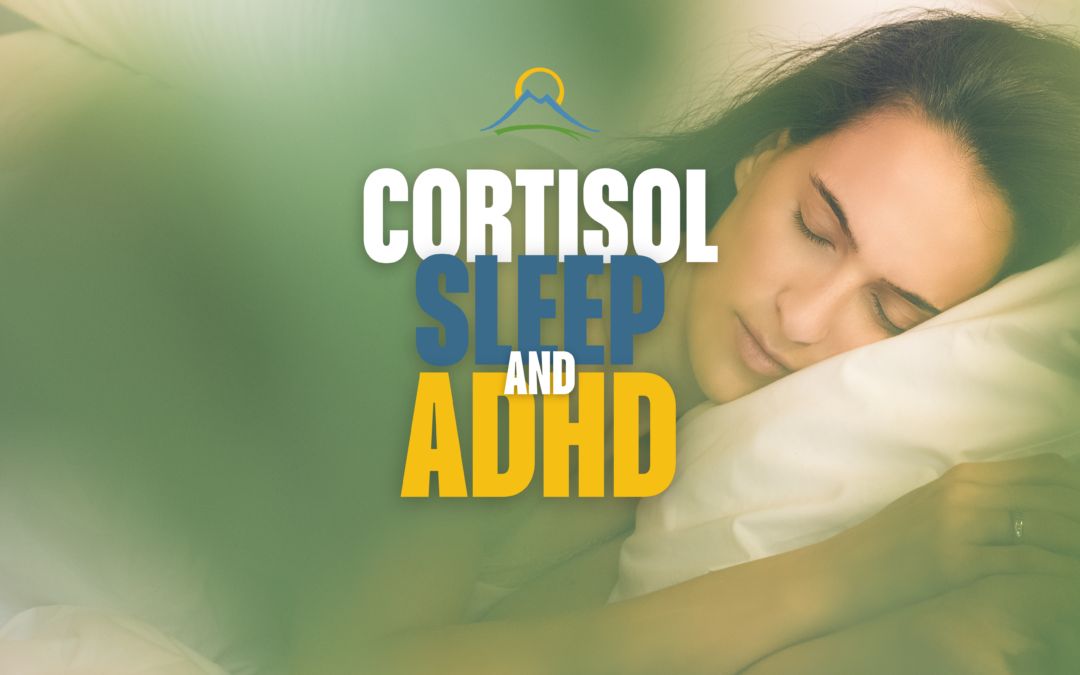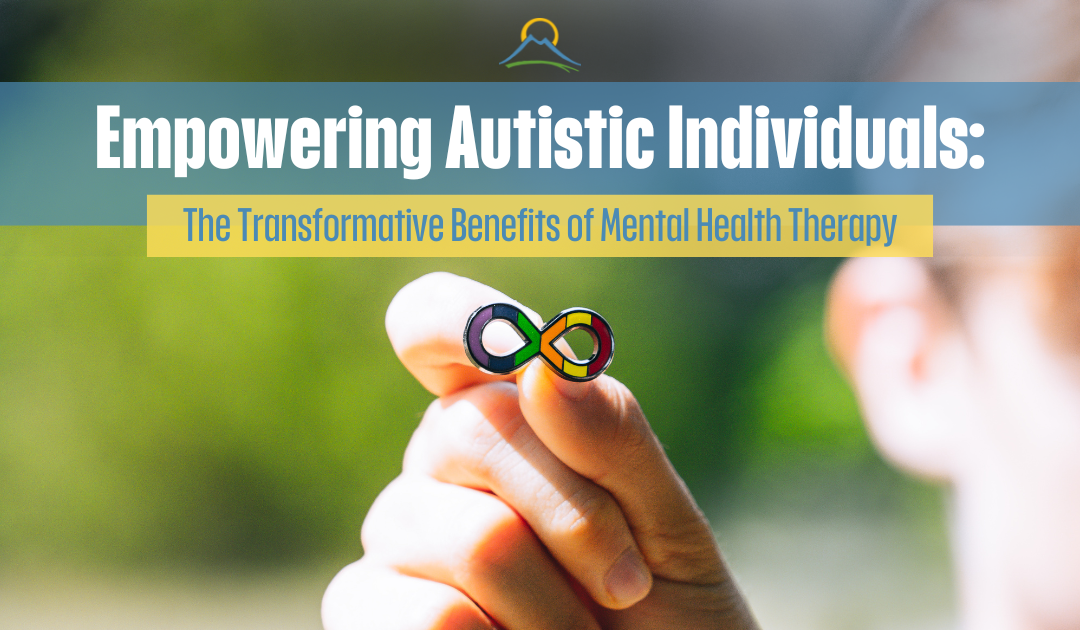
The thing that is really hard, and really amazing, is giving up on being perfect and beginning the work of becoming yourself.
– Anna Quindlen, Being Perfect
Perfectionism has been steadily increasing over the past 30 years and has become an epidemic that has alarming implications on our mental health (Thomson, 2019). Young people especially, put pressure on themselves to be perfect. This may look like striving to look perfect, to perform perfectly at work or school, or to find a perfect partner and have a perfect relationship. What exactly is perfectionism? Perfectionism can be hard to define because the line between high achievement and perfectionism is blurred (Thomson, 2019). However, Leanna K. Fuller (2008) defines perfectionism as “a self-directed, generally adaptive orientation to life that presses one toward ever higher levels of achievement” (p.1).
To overcome perfectionism, we need to practice authenticity, embracing imperfections, and self-compassion
(Brown, 2010)

To get a better understanding of perfectionism, it is helpful to look at the three subcategories of perfectionism: self-oriented perfectionists, other-oriented perfectionists, and socially prescribed perfectionists (Curran & Hill, 2019; Thomson, 2019). Self-oriented perfectionists have unrealistic expectations of themselves and are highly self-critical. Losing to a competitor, failing a test, or not getting a bonus at work can trigger feelings of anxiety for a self-oriented perfectionist. Other-oriented perfectionists impose unrealistic expectations on the people around them and tend to judge others harshly. This can lead to social rejection and relationship problems. Finally, socially prescribed perfectionists seek approval from others and believe they have to display perfection to in order to secure that approval. Socially prescribed perfectionists often feel rejection, guilt, and shame when failing to meet these high expectations. (Curran & Hill, 2019; Thomson, 2019).

According to Brene Brown (2010) perfectionism exists on a spectrum that can range from feeling the need to be perfect when we are feeling vulnerable, to a compulsive, chronic, and debilitating need to be perfect. All of us fall somewhere on this spectrum. Perfectionism is not the same thing as striving to be your best, and it is not self-improvement. Rather, it is a self-destructive and addictive way of thinking. Perfectionists may think that if they look perfect and do everything perfectly, they will be able to avoid painful feelings of shame, judgement and blame. Perfectionism is self-destructive because it doesn’t exist, thus causing us to strive for something unattainable. It is addictive because when we do experience shame, judgment, and blame, we may think it is because we are not perfect enough, causing us to deepen our drive to live, look, and do everything perfectly (Brown, 2010).
To overcome perfectionism, we need to practice authenticity, embracing imperfections, and self-compassion (Brown, 2010). Self-compassion consists of three elements: self-kindness, common humanity, and mindfulness (Neff, 2003). Self-kindness includes changing our self-talk from punishing and shaming, to kind and accepting; refraining from judging ourselves and others; and being warm and understanding towards ourselves when we fail or feel inadequate (Brown, 2010; Neff, 2003). Common humanity reminds us that failing or feeling inadequate are part of the shared human experience, something we all go through rather than something that only happens to “me” (Neff, 2003). Lastly, we must be mindful of how we deal with negative emotions and not “over identify” with negative thoughts and feelings. This can sweep us away in a shame cycle if we let it. However, we also need to be mindful that we are not ignoring or suppressing our negative emotions (Neff, 2003). When we become more loving and compassionate with ourselves and embrace our imperfections we find our truest gits: courage, compassion, and connection (Brown, 2010).
References
Brown, B. (2010). The gifts of imperfection. Random House.
Curran, T., & Hill, A. P. (2019). Perfectionism is increasing over time: A meta-analysis of birth cohort differences from 1989 to 2016. Psychological Bulletin, 145(4), 410–429. https://doi.org/10.1037/bul0000138
Fuller, L. K. (2008). Perfectionism and shame: exploring the connections. Journal of Pastoral Theology, 18(1), 44–60.
Neff, K. (2003). Self-Compassion: An Alternative Conceptualization of a Healthy Attitude Toward Oneself. Self and Identity, 2(2), 85–101. https://doi.org/10.1080/15298860309032
Thomson, H. (2019). When the best is not enough. New Scientist, 243(3243), 34–37. https://doi.org/10.1016/s0262-4079(19)31536-2






0 Comments